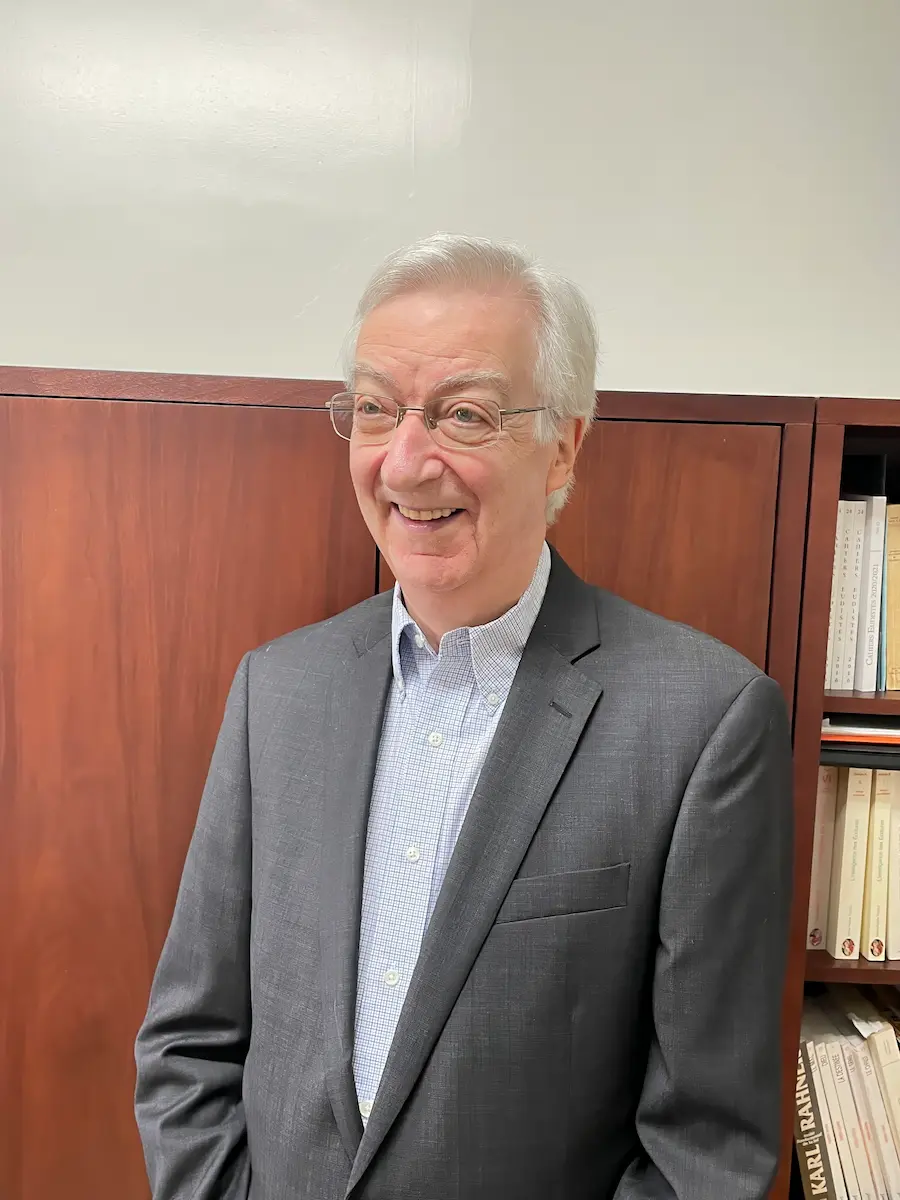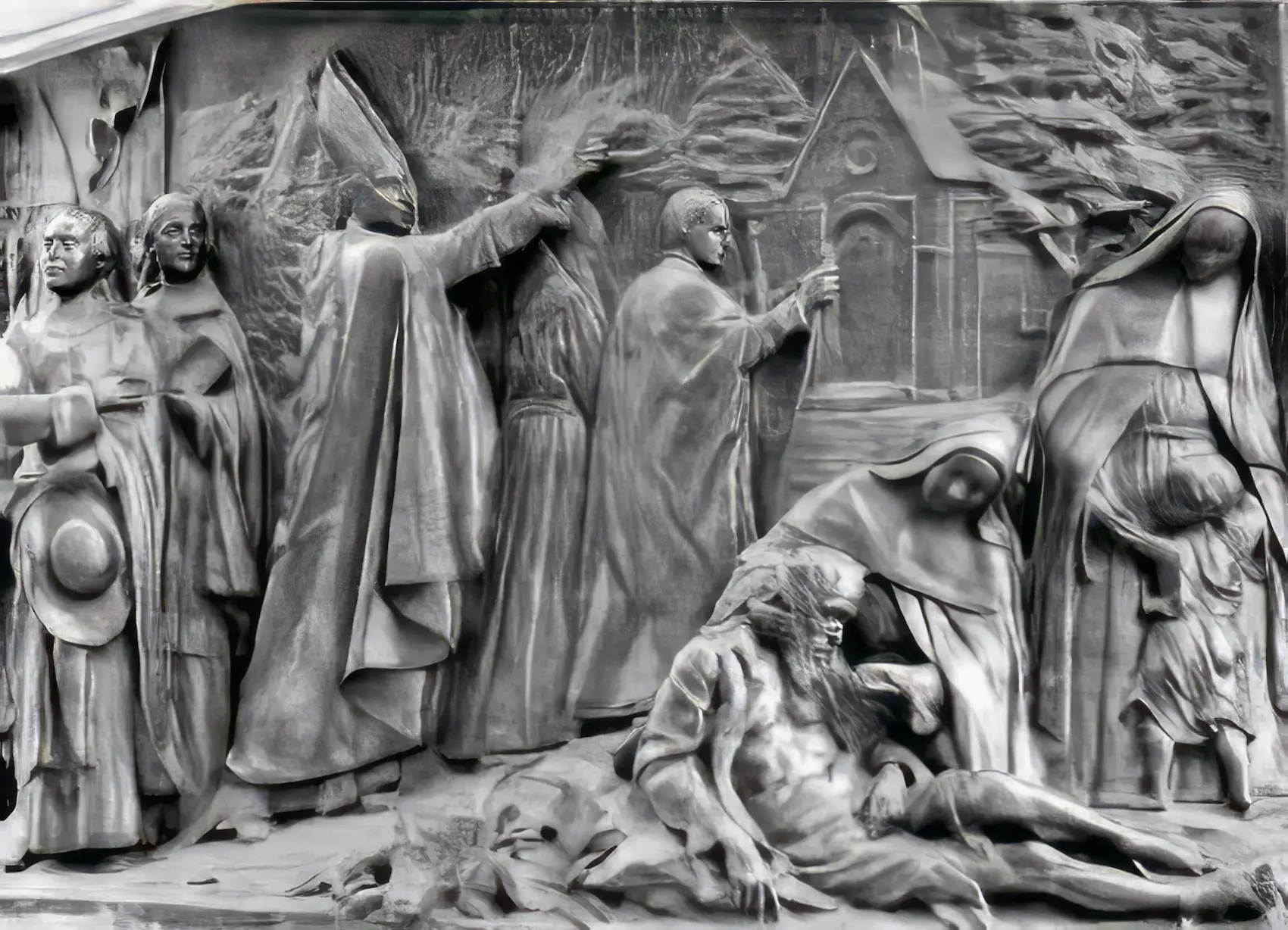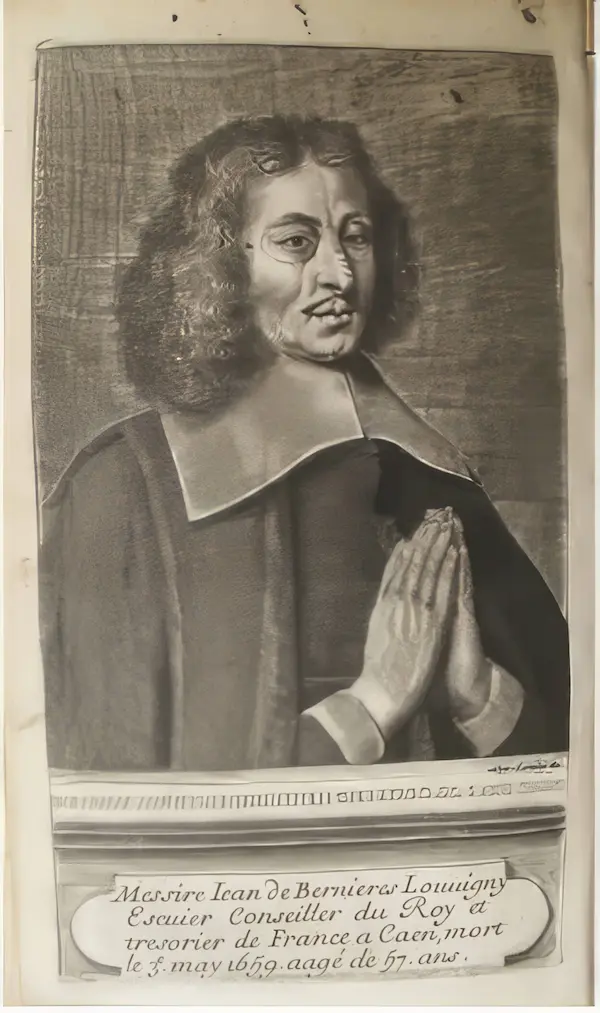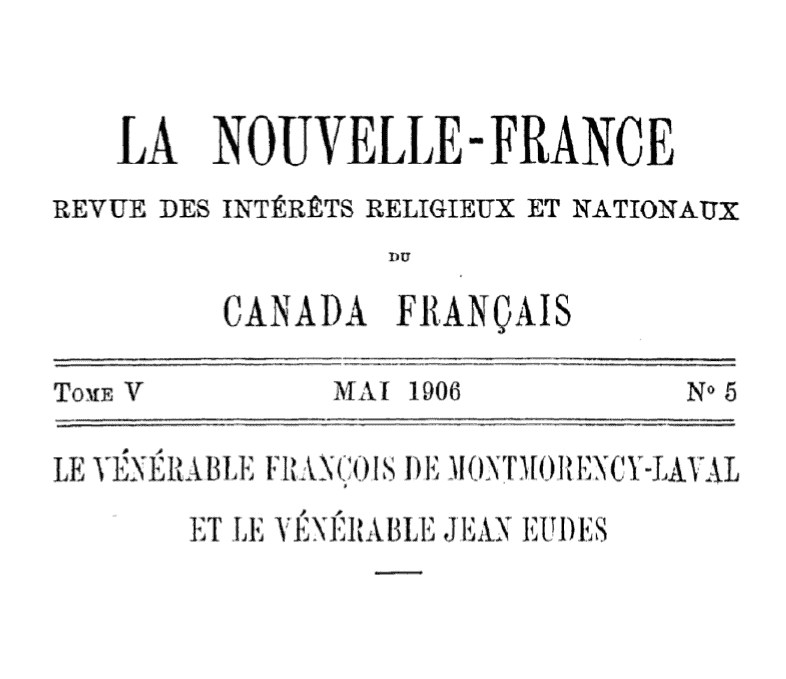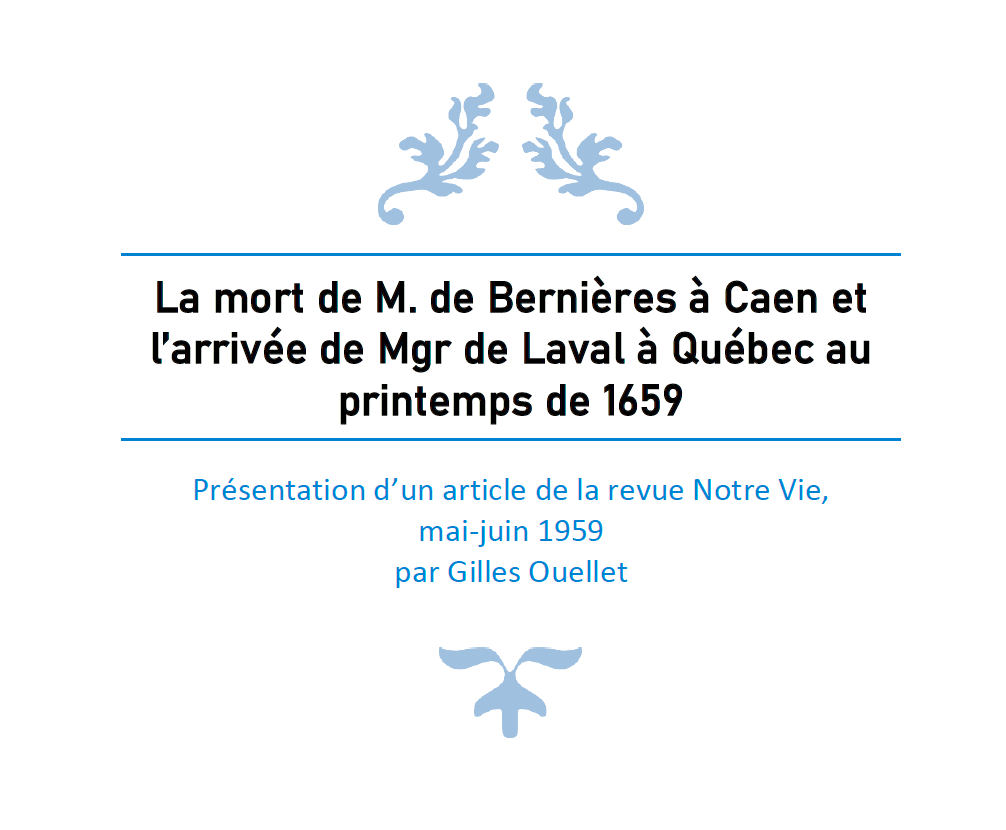First, Father Duchesnay
It was probably between 1654 and 1658 that the relationship between Mr. de Montigny (Saint François de Laval) and Father Eudes was established, while Montigny stayed in Caen.
"Weren't they both admirers of Marie des Vallées?” Bishop Laval, who had visited her several times and gone on pilgrimage to her tomb, carried some of the relics he had obtained to Canada and reverently kept them all his life. Such is the testimony of La Tour, one of his first biographers.
La Tour also reports another fact, which seems to have been overlooked by the biographers of Father Eudes: during François de Laval's first crossing of the Atlantic, he took with him two priests who frequented the Hermitage in Caen. One of them, Monsieur Jean Torcapel, was the first pastor of the Quebec chapel. After falling ill during his first year of service, he returned to France.
Here is the information retained:
Torcapel left Quebec on October 18, 1660 (Henri de Bernières, Jean's nephew, succeeded him at the Quebec chapel and became the first pastor of the parish).(1)
Jean Torcapel, who had boasted to Jesuit missionary Fr. Chaumonot of Father Eudes' ardent devotion to the Blessed Virgin, arrived in Caen bearing a letter from the pious Jesuit, written on October 14, 1660. But he is also mentioned in the Livre qui contient les noms de ceux qui sont du corps de la Congrégation de Jésus et Marie (a register of Eudists kept in Caen at the Calvados archives): "Jean Torcapel, prêtre, de la paroisse de Vaucelles de Caen, reçu à Coutances à l'âge de 35 ans, en 1666, mort à Évreux, le 19 de septembre 1668.” The Eudist Nécrologe de Rouen (in the Eudiste Archives in Paris) adds: "After having been ill for more than a year with tierce, quartan and double quartan fevers. He is buried in our chapel in Évreux." In other words, Mr. Torcapel was malarial. It was known that he had had to leave Quebec for health reasons. Had he already contracted malaria there?
A priest who served with both Bishop Laval and Fr. Eudes, this forgotten Eudist, the first to serve in Canada, may not have died in the line of duty, but he was at least a generous soldier, the victim of a disease "contracted in the line of duty"…
